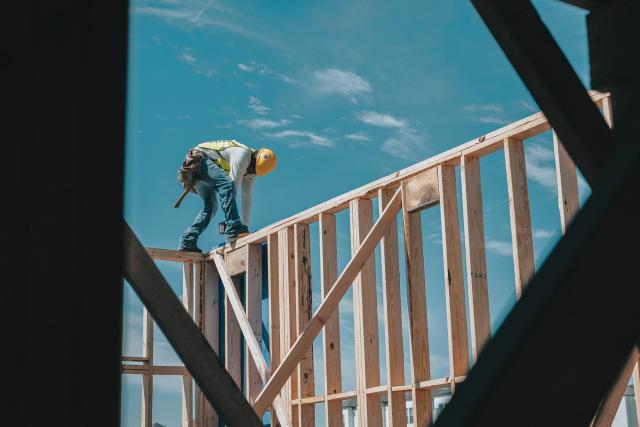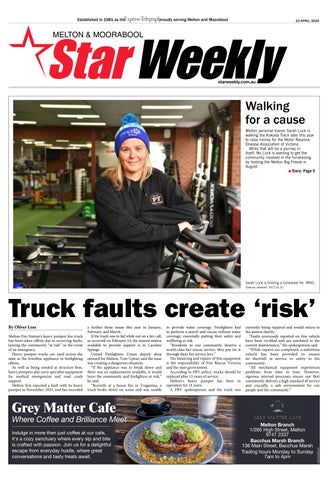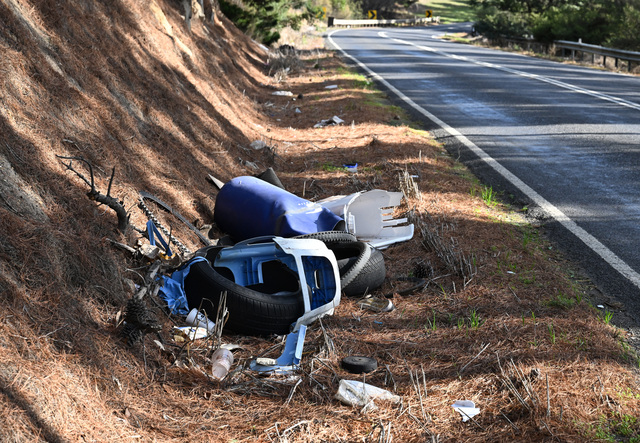Melton will swell by another 132,000 new homes by the middle of the century after the state government announced its proposed 2051 housing target on Sunday.
Under the draft plan, two million homes would be built in metropolitan Melbourne and another almost 500,000 spread across the regions.
Melton will absorb the most new dwellings of the outer ring areas followed by Wyndham (120,000), Casey (104,000), Hume (98,000) and Whittlesea (87,000).
Some 139,800 new dwellings would be constructed in the City of Greater Geelong, 46,900 within the Ballarat City Council area and 37,500 in Greater Bendigo City.
The City of Melbourne would host an extra 134,000 homes.
The Premier said Victoria has the largest annual population growth of all Australian states and needs more than two million additional homes by the 2050s.
“There are parts of our city that have been locked up for too long,“ Ms Allan told reporters at a press conference on Sunday.
The draft council housing targets are largely based on access to jobs, transport and services, the government said.
Opposition Leader John Pesutto claimed the idea of issuing the projections couldn’t be taken seriously.
“It’s taxing the life out of investment in residential construction,“ he said.
The final council housing targets will be released by the end of 2024 following local government consultation.
Victoria’s metropolitan planning strategy, released in 2017, set a target for 70 per cent of new homes to be built in established suburbs by 2051, with the remaining 30 per cent in greenfield areas.
Since 2014, 56 per cent of new homes delivered in Victoria have been in established areas.
In one of his final acts as premier, Daniel Andrews set a target to build 800,000 homes across Victoria over the next decade when announcing the government’s housing statement in September.
Latest Australian Bureau of Statistics data shows 11,071 homes were approved for construction in Victoria in the first three months of 2024, putting the state on track to approve fewer than 45,000 this year.
– AAP








